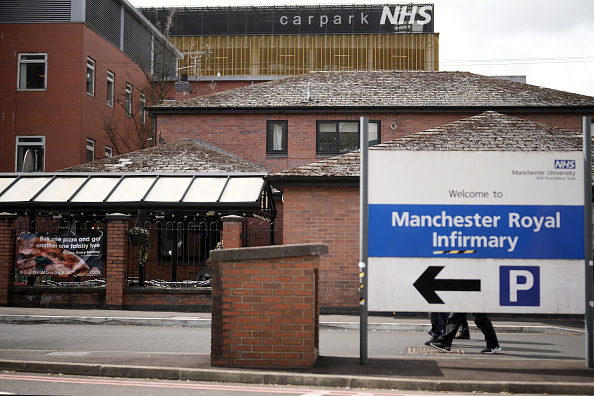Our health care leaders need financial acumen to start to fix the holes in the NHS

We have all seen the headlines – NHS waitlists continue to grow to record levels. The latest count stands at 6.7 million, an increase of 34 per cent in just two years. Again and again, we see the problem, and many within the healthcare system and in our political institutions are at a loss about what to do.
The pandemic, like in so many other social issues, was an accelerant, bringing with it the suspension of elective surgeries and a wave of people nervous to seek care or show up for surgery.
The NHS made a valiant effort to change the things it could control – such as extending hours of surgery, overbooking operations, and moving patients to different sites where needed. All of these decisions were necessary and mirrored the changes that business leaders were making across the UK to manage the impact of the pandemic on the economy and changing consumer behaviour.
But, where some businesses were able to successfully adapt, the NHS has been plunged into a crisis.
Stubborn structural issues, caused by a system with drained capacity and inadequate staffing levels have built up over years of political neglect and made it incredibly difficult to confront.
The path ahead looks thorny but these issues can be solved with time and energy – we have to confront the decision about what healthcare delivery will look like long-term. As long as the NHS suffers with a lack of resources, patients and frontline staff will pay the price.
There are some brilliant ideas of how we might improve services from one-stop testing facilities, greater access to specialist advice for GPs, pop-up clinics, and home-based services. But these innovations are simply a wish-list if the service remains painfully underinvested in.
Clearly, the NHS needs funding beyond what was allocated in September last year. Many that are not treated promptly risk permanent damage to their physical and mental health. This needs to be prioritised before we can have an honest appraisal of where to go next with the NHS.
Although it’s clear that the business as usual approach to healthcare is not working, the NHS doesn’t have the time or investment to bring new ideas to the table and actually implement them. The scale, complexity and unpredictability of managing the changes we need to make requires talented leaders with significant economic expertise and financial acumen. We expect multi-billion pound businesses to be managed by experts in business and people, and healthcare should be no different considering the UK spends 9 per cent of its GDP on it.
The Conservative Party leadership debate has shown clearly the failure of politicians to provide sound economic management. If the NHS were to implement the £10 fine for a missed appointment that Rishi Sunak proposed, it would not only create an administrative burden that would cost more than it generates, but it would also create a financial penalty on the poorest patients. It would create more issues in the long run as treatable conditions stack up and become chronic and costly for the NHS.
We need a fresh approach and leadership which brings together the best of business and clinical expertise. In 2021 when the pandemic highlighted the problems faced by health systems around the world, University College London set up the world’s first business school dedicated exclusively to healthcare leadership. Health leaders and managers need to be equipped with academic rigour, financial acumen and cross-disciplinary business experience to oversee the difficult changes the NHS must make.
In other words, where there is a void for innovation, we must fill it, to try to develop sustainable long-term reform for our health system.
